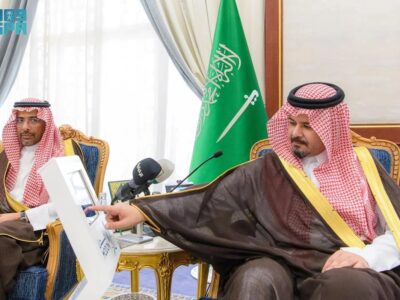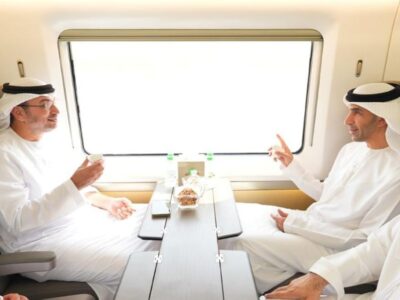The first time I heard James Hogan use the word “game changer” was at a football match. It was in May 2012, and we were watching Manchester City play Queens Park Rangers, a match the Etihad-sponsored team needed to win to clinch the Premiership. Two minutes into stoppage time, Edin Dzeko scored to bring the game level to 2-2.
“Game changer!” shouted Hogan.
Two minutes later Manchester City scored again, to claim their first title in 44 years. Hogan was right then. The long-standing Etihad chief executive used the word more recently during a conversation about his airline snapping up stakes in smaller airlines across the world, and I think he may be right again.
Hogan hasn’t been shy when it comes to taking risks and forging a completely different strategy to his rivals. There’s the 29 percent stake in airberlin, as well as equity purchases in a whole host of other airlines, like Air Seychelles (40 percent), Virgin Australia (19.9 percent and rising), Air Serbia (49 percent) and Aer Lingus (2.99 percent). Etihad has also just completed the purchase of just under a quarter of India’s Jet Airways.
Not surprisingly, there has been some sniping. Two weeks ago, Emirates Airline president Tim Clark said: “If you then get involved in management of other entities, it does take your eye off the ball. Etihad may have taken a different view.”
It clearly has, but I wonder if Clark may also now be taking a closer view of the figures. Thanks to its equity deals and without including Jet Airways, by the end of the third quarter, Etihad’s fleet size had effectively increased from 83 to 430, and if you include the number of passengers flown by the equity partners, this number rises from 8.6 million to 45.4 million, with 412 destinations now accessible by Etihad. No wonder this is the fastest growth story in aviation history, and no wonder beating last year’s $4.8bn in revenues looks like a very good bet.
But the real “game changer” may have gone somewhat unnoticed. Amidst splashing out $67bn on new planes and engines at the Dubai Airshow last month, there was one relatively tiny deal which could make the biggest impact: the 33.3 percent stake taken in Darwin Airline.
Darwin who? Precisely. This little-known European airline has just 21, mostly small, European destinations (though 18 more will be added next year). Significantly, it is being branded Etihad Regional. This, in my view, is an absolute masterstroke. It means that for the first time ever, the Etihad brand will be seen in small European cities such as Bolzano in northern Italy (which has a population of just 104,000). Etihad will interconnect a vast network of tiny European towns to its bigger European destinations and from there, onto the UAE and beyond.
What Clark may have underestimated is brand loyalty. It’s one thing to fly Etihad to Berlin, and then airberlin onto a smaller city. But flying Etihad and then Etihad Regional? That really is a game changer. Given the vast number of people who will only ever fly Emirates or Etihad, because that’s what they’ve always done, this deal opens up an entire new network of passengers, cities and revenues. In the next few years, I would not be surprised to see Etihad Regional becoming a player on other continents.
During the Dubai Airshow, there was a huge rumour swirling around that Etihad was about to announce its arrival at a new airport. “This is huge, really huge,” one of many sources told me. Plenty of people guessed where the airport might be — but all of them got it wrong.
The deal may have crept under the radar now, but the significance of the first Etihad-branded plane landing at Bolzano Airport could — in time — turn out to be huge, really huge.







